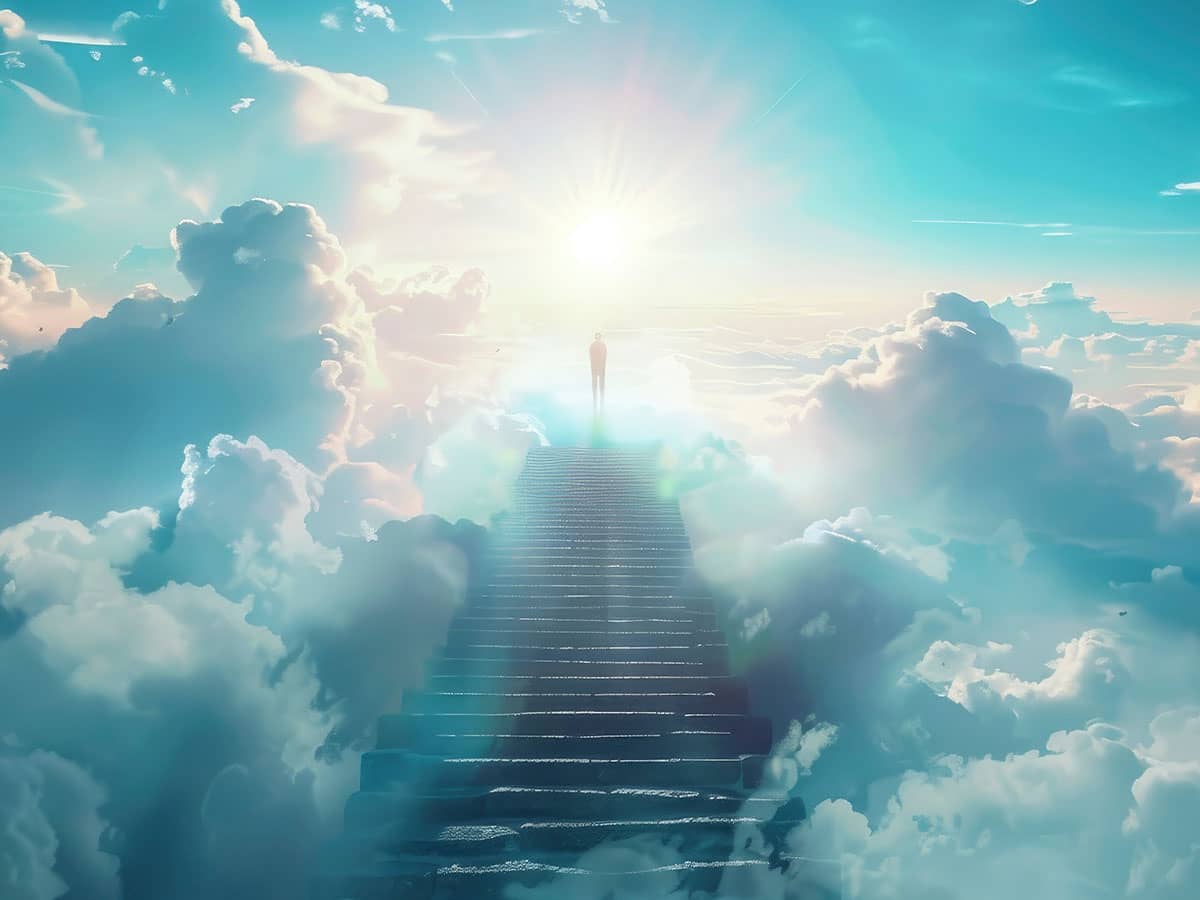When I think of Thanksgivings past, I remember the contradictory experiences of my childhood. With the nuns at St. Ambrose school, the holiday meant special mimeographed coloring sheets passed out during art class every Friday in November. There were turkeys and pilgrims, noble Indians holding out corn to settlers, and always a cornucopia spilling over with the fruits of harvest.
Poor as we were at home, we had our own version of the feast, with more food than the six of us could possibly eat at one sitting. Yet it was important to my family, especially to my father, that the table was filled with bowls and platters. For Daddy, the son of black sharecroppers, it was all about abundance.
This expansive feast may have spoken to us of the abundance of God, but it was definitely not about the Pilgrims. By junior high, I'd already memorized my father's version of what occurred in Plymouth, a story that bore little relation to the textbook passages we read at school. For Daddy, the lesson of Thanksgiving was: You help white people, and the next thing you know, they kill your people and steal your land. Our television screen, replete with embattled civil rights marchers being felled by tear gas and water hoses, was a powerful visual aid. "Thanksgiving: The Untold Story" had a lot of resonance for an embittered black man in 1960s Chicago.
For me, too, the facts of Thanksgiving are not a happy story. The Pilgrims came to find freedom, in their case, religious freedom. They found it by taking away the freedom and the land and the peace of the Native people. What happened at Plymouth was not the end but the beginning of something that has happened throughout the history of this country. Is it really possible, then, to take something that started so wrong and make it right? As a woman of faith--and a mother--I must answer yes. But how do we get there from here?
So when 8-year-old Allen asks me why we celebrate Thanksgiving, I tell him that it's a holiday meant to express gratitude for the many blessings we enjoy as citizens of the United States, and that even though other meanings have been attached, that's how it began. He has already begun to connect my answers to things he has heard. When we talk about the Native people who attended that first Thanksgiving, he brings up the story of Wall Street in New York--how the original wall was built to keep Native people away from the white settlers who feared them; how even when the wall finally came down, the street kept its name.
He wonders, as he has before, if "all white people are mean." Because my husband and I have chosen to live in a multiracial community, it's easier to reassure him that the answer is no. I ask him to think of his white friends and whether they're mean. He visibly relaxes when I remind him of his own life, and we are saved for a few years from the big talk about structural racism. It will come up sooner or later, though, perhaps even when another Thanksgiving approaches--for this is the time of the year when the gap between the ideals of love and community and the reality of bigotry and intolerance stands out most clearly. Yet, unlike my father, Bob and I will not force the issue. We'll try to act only as witnesses and guides for our children.
For the time being, Thanksgiving is more about roasted turkeys than broken treaties, especially for my little Daniel, age 3, who has asked me for weeks now whether we have to kill the turkey ourselves before we eat it. When we gather in Chicago around my mother's dining room table, we'll call to mind my father, dead now for many years. We'll celebrate the joy of being together across three generations. We will be grateful for the many blessings of our lives, in spite of all our concerns that America is not the country it ought to be.
We will remember, too, those who died with no reason to be grateful for this holiday, and those of us who, for many reasons, live in the gap between America's promises and its practices. It is hard to explain such things to our children, and it gets harder all the time. But Bob and I must try. For our sons to become the just and compassionate men we want them to be, we must start by being the thoughtful, honest parents we want to be.

